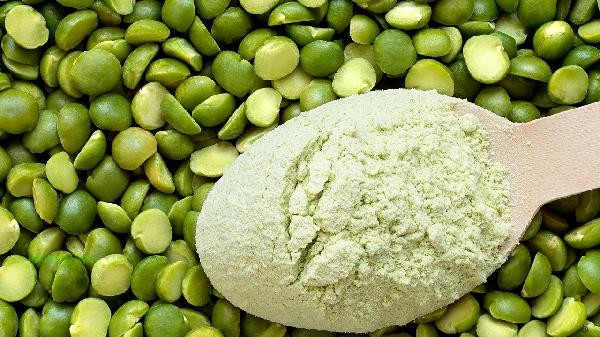A muscle building diet should balance protein intake, calorie surplus, and nutritional balance. The main methods include rational allocation of the three major nutrients, selection of high-quality protein sources, scheduling of eating frequency, supplementation of key trace elements, and avoidance of high-fat and high sugar processed foods.

1. Reasonably allocate the three major nutrients
The daily protein intake should reach 1.6-2.2 grams per kilogram of body weight, with priority given to whole proteins such as chicken breast, beef, and fish. carbohydrates account for about 50% of daily total calories, and low glycemic index staple foods such as oats and brown rice are recommended. Healthy fat intake should be controlled at 20% -30% of total calories, and unsaturated fatty acids can be obtained from nuts and deep-sea fish. The distribution of the three major nutrients in a 3:5:2 ratio helps with muscle synthesis and metabolism.
2. Choose high-quality protein sources
Whey protein and casein contain all the essential amino acids needed by the human body, with high bioavailability and suitable for supplementation after training. The amino acid score of egg white is 100, and the lecithin in the yolk can promote nutrient absorption. Plant protein needs to achieve amino acid balance through the combination of legumes and grains, such as the combination of red beans and rough rice, which can improve protein utilization efficiency. At least three times a week, consume deep-sea fish to supplement with Omega-3 fatty acids.
3. Schedule eating frequency
Adopt a eating pattern of 5-6 meals per day, with a main meal interval of no more than 4 hours. Supplement fast carbon and easily absorbable protein within 30 minutes after training. Consuming casein or slow-release protein one hour before bedtime can maintain the supply of amino acids at night. supplementing with 20-30 grams of protein immediately after waking up in the morning can effectively inhibit muscle breakdown. Additional meals can choose Greek yogurt paired with portable foods such as nuts or protein bars.

4. Supplement key trace elements
Zinc element participates in testosterone synthesis, and is abundant in oysters and beef. Magnesium helps with protein synthesis and can be supplemented through spinach and pumpkin seeds. Vitamin D3 can enhance muscle strength, and additional supplementation is needed when there is insufficient sun exposure. Creatine can increase muscle water storage and exercise performance. It is recommended to supplement 3-5 grams daily. Supplementing branched chain amino acids before and after training can reduce muscle breakdown.
5. Avoid high-fat and high sugar processed foods
Trans fats can reduce insulin sensitivity, and fried foods and margarine should be avoided. Refined sugar can cause blood sugar fluctuations and affect growth hormone secretion, so dessert intake should be controlled. Nitrite in pickled foods may interfere with protein metabolism. Alcohol can inhibit protein synthase activity, and alcohol should be avoided within 24 hours after training. Preservatives in processed meat products may increase muscle inflammation reactions. During muscle building, the daily water intake should reach 40 milliliters per kilogram of body weight, and water is involved in muscle cell metabolism and nutrient transport. Natural foods such as bananas and coconut water can be used to supplement electrolytes after training. Ensuring 7-9 hours of high-quality sleep can promote the secretion of growth hormone. Arrange 1-2 fascial relaxations and mild aerobic exercises per week to help promote muscle penetration of nutrients. Regularly conduct body composition testing, adjust dietary plans based on muscle growth, and recommend developing personalized muscle building recipes under the guidance of professional nutritionists.








Comments (0)
Leave a Comment
No comments yet
Be the first to share your thoughts!